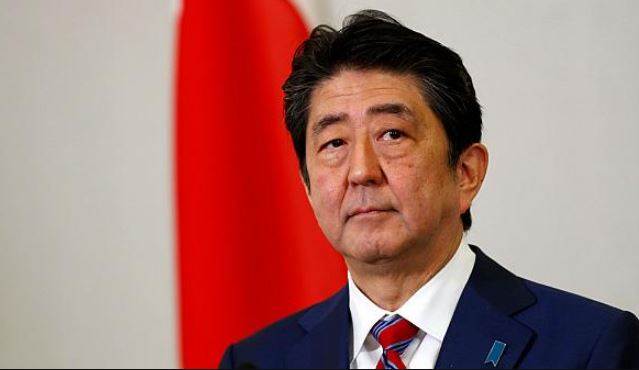
30-Aug-2020
Shinzo Abe Resignation Marks End Of Nationalist Legacy In Japan
With the resignation of Prime Minister Shinzo Abe, a period is passing in Japan, which not only provided stability to the politics of this country, famous for introducing a new Prime Minister every year amid scandals and other embarrassing controversies, but also its image.
Abe made it like a proud work. In 2006, Abe became the Prime Minister for the first time and resigned due to health reasons after holding the post for one year one day. Then in the period from 2007 to 2012, Japan saw five Prime Ministers.
This instability ended in December 2012, when Shinzo Abe returned to power. He then won the 2014 and 2017 general elections with an overwhelming majority and held the record for the longest time as Prime Minister of Japan, which was recorded by his uncle Eisaku Sato (1964 to 1972).
Not only this, as important as he is to hold the post for so long, there are also special situations in which his resignation has come. He has given this resignation not because of any controversy or electoral defeat, but because of incurable stomach disease.
However, his policies have contributed greatly to making Abe's tenure memorable. He is counted among the right-wing strongman leaders who have emerged in many countries during this century, who have a tight grip on their country's politics.
Abe is not only a Conservative leader but has also been known for his revivalist views. His aggressive economic policies were called Abenomics on the lines of Reaganomics.
During his tenure, he increased spending on the military and ensured that Japan was seen as a major strategic power in addition to economic power. His foreign policy, which showed an active interest in besieging North Korea and China, contributed to this. As far as the relationship between Japan and India is concerned, in the Abe era, he grew stronger than before.
Japan has long been a major capital-exporting country. In the last three-four decades, the combination of Japan's capital and India's land and manpower has emerged as a force that has a distinct identity in the world.
READ HERE MORE : China's Once "Non-Violent" Legacy Is Lost
Before the announcement of Make in India, if the concept was started with any one country, then it is Japan. Interestingly, Abe's tenure, which began in the backdrop of an unprecedented disaster (the Fukushima nuclear accident of 2011), is ending in the backdrop of another unprecedented disaster (the Covid-19 pandemic).
Hope that the time of his political successor will not only be more auspicious for Japan but also take Japan's relationship with India to a new height. This marks the end of the legacy of Japan's truest nationalist leader Shinzo Abe.

Content Writer/Journalist
I am a content writter !
Join Our Newsletter
Subscribe to our newsletter to receive emails about new views posts, releases and updates.
Copyright 2010 - 2026 MindStick Software Pvt. Ltd. All Rights Reserved Privacy Policy | Terms & Conditions | Cookie Policy